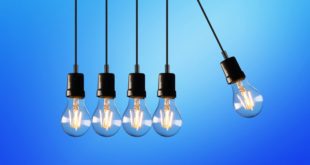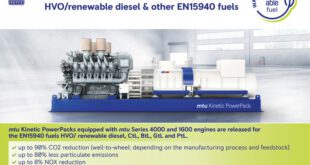From the windmills of yesterday, to the wind turbines of today, the wind has long been harnessed as an energy source. In fact, because it is a clean and renewable resource, the use of this energy is increasing worldwide. In honor of Windmill Day (celebrated the second weekend in May by both the English and the Dutch), here’s an introduction to Wind Power. Learn more at the following sites.
From Windmills to Whirligigs
Meet Vollis Simpson, who exploits the power of the wind to make art. His whimsical windmill- powered whirligigs stand guard over his yard, twirling like giant robotic pinwheels. This virtual tour, created by the Science Museum of Minnesota, showcases a “unique science and art connection to wind.” After you’ve visited the yard (you’ll need Quick Time VR to view the movies) don’t miss the Try These activities for instructions on making a soda-can whirler or parachuting pinwheel.
Wind Energy
To convert wind to electricity, the blades of a turbine (a modern windmill) turn a shaft that is attached to a gear transmission box. This transmission box increases the turning speed of the shaft that connects to the generator that creates electricity. California produces more electricity from wind than any other state. And even though California’s wind turbines do not operate year round (the air must be blowing at least twelve miles per hour to generate electricity), California’s turbines generate enough electricity to power a city the size of San Francisco for a year.
Wind Power
“Uneven heating of the Earth’s surface causes the wind to blow. Many societies have long taken advantage of this energy to travel great distances and perform diverse tasks such as grinding, sawing and pumping water. Modern wind turbines using advanced technologies are able to produce electricity for homes, businesses, and even utilities.” For middle- and high-school students, this overview of windy power presents the history, theory and application of wind power today.
 Alternative Energy HQ solar power for homes, wind energy, and bio fuel issues
Alternative Energy HQ solar power for homes, wind energy, and bio fuel issues







